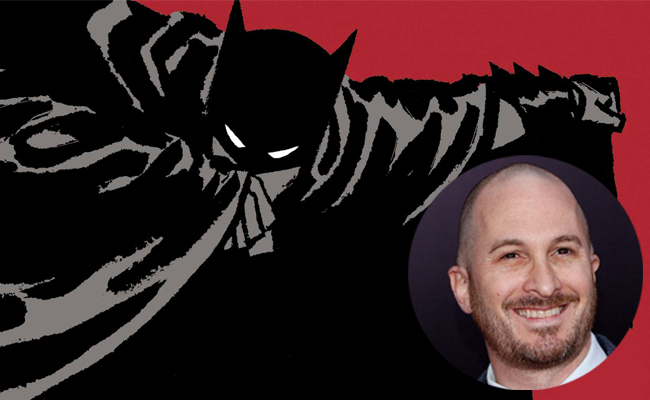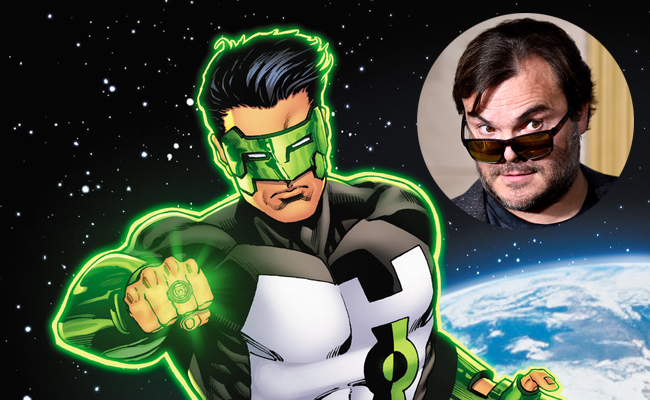With several highly anticipated movies slated for release, including Batman V Superman, Suicide Squad, and Wonder Woman, along with TV projects such as Arrow, Supergirl and an upcoming sitcom inspired by The Office, DC Comics seems to be on the verge of a big winning streak. But not that long ago, they were struggling with a series of failed attempts at adapting their characters for the big and small screen.
Here’s a look at a few of the noteworthy attempts to lift DC’s characters from page to screen that didn’t work out so well.
Justice League of America
A nearly 90-minute 1997 pilot filmed for CBS, this interpretation of the Justice League existed without Superman and Batman and was based on the Justice League of America comic. Or at least, it’s roster was inspired by the comic. Described by the Austin Chronicle as “Friends with superpowers,” the story was intercut with “talking-head” interviews of members of the team set after the events of the show. Which makes it almost seem like the DC/Office idea is a rehash of this in some ways.
Reviews of the un-aired pilot (in the U.S.) were profoundly negative. The network passed on the show.
Darren Aronofsky’s ‘Batman: Year One’

Aronofsky’s had big plans to “toss out everything you can imagine about Batman! Everything! We’re starting completely anew.” While the framework of the story was similar, the Wayne family’s fortune was not, which would have made Batman a street-level hero without the expensive gadgets, mansion or bank account. To accommodate this change Alfred the butler was reimagined as Al, the garage owner who took in a young, homeless Bruce Wayne, and taught him how to re-tool a Lincoln Continental into a makeshift Batmobile. Frank Miller, who wrote the source material, had written the screenplay as well.
The Green Lantern, starring Jack Black

Before the 2011 film with Ryan Reynolds, The Green Lantern spent 15 years in various stages of development purgatory, with everyone from Kevin Smith and Quentin Tarantino attached at some point. In 2006, Jack Black was approached to play Kyle Rayner, with a script written by (wait for it) Robert Smigel, the guy behind SNL’s The Ambiguously Gay Duo. Smigel saw the film as a comedic premise, as being the Green Lantern “requires no physical skill or talent. All it requires is owning this ring.” While DC is planning another reboot in 2020, Black is confident that he won’t be approached for the role.
David E. Kelley’s Wonder Woman Pilot
After getting turned down by most major networks due to the massive licensing fees, NBC took a chance on Kelley’s “modern” take on the character. The show would have focused on her balancing out her super-hero antics with her career as a corporate executive that sold Wonder Woman merchandise (no, seriously). An overwhelming negative reaction caused the show to be dropped before post-production on the pilot was even completed. Despite the criticisms, Kelley still defends the viability of the show.
Superman Lives
One of the most infamous comic-book movies to never get off the ground (pun intended) started off as Superman V, which then became Superman Reborn. After Kevin Smith’s script was purchased, it was changed to Superman Lives, which used the wildly successful ‘Death of Superman’ comic-book storyline as its inspiration. Tim Burton was brought in to direct after Robert Rodriguez turned it down and he hired Nicolas Cage, an avid Superman fan (just ask his kid) who believed he could “re-conceive the character.”
The film entered pre-production and a re-write of Kevin Smith’s script was anticipated, but never arrived. Earlier this year, a crowdfunded documentary The Death of Superman Lives: What Happened was released, exploring the film’s storied history. Recently, Cage speculated that perhaps it was better that the movie never got made.
Honorable Mention: Before Gotham there was Birds of Prey, a non-Batman, Batman show that lasted 14 episodes on the WB in 2002. In that it aired, it wasn’t a “failure,” per se, but that’s a pretty hollow victory.
(Via Digital Spy, WhatCulture and io9)
